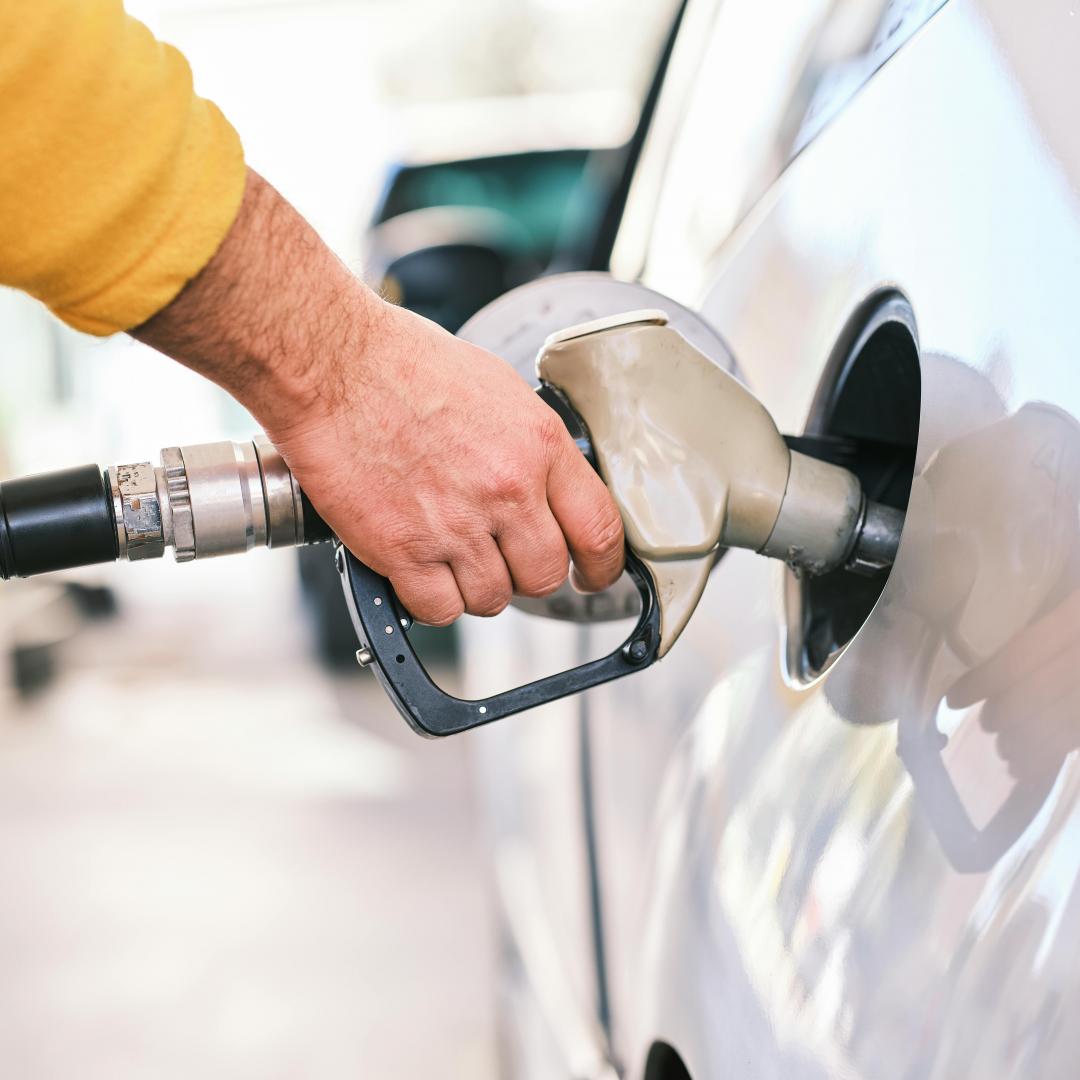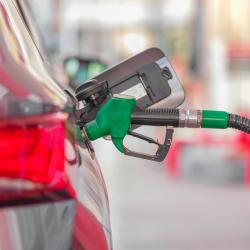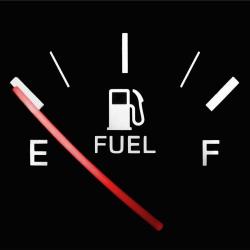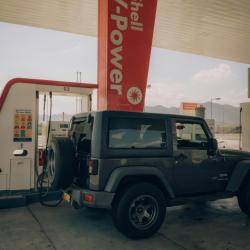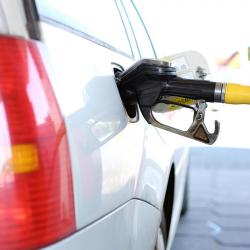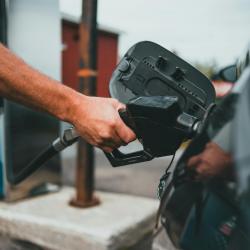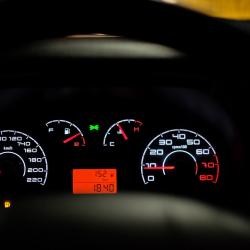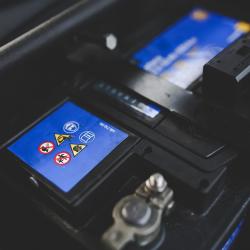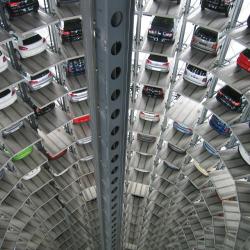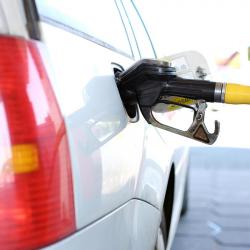How to Maximize Fuel Efficiency in Your Car: Top Tips
Maximizing fuel efficiency has become a priority for many car owners. Improving fuel efficiency not only saves money but also reduces the carbon footprint of your vehicle, contributing to a more sustainable environment. Here, we present top tips to help you get the most miles per gallon from your car.
1. Maintain a Steady Speed
Avoiding unnecessary acceleration and braking can significantly improve your fuel economy. Utilize cruise control on highways to maintain a consistent speed and reduce fuel consumption. Driving at moderate speeds – typically between 50 and 65 mph – is also crucial, as fuel efficiency tends to decrease drastically beyond these speeds.
2. Regular Vehicle Maintenance
Keeping your vehicle in top condition ensures it runs more efficiently. Regularly check and replace air filters, as clogged filters can decrease fuel efficiency by restricting airflow to the engine. Ensure your spark plugs and ignition system are functioning properly, as misfiring can waste fuel. Furthermore, maintaining proper fluid levels, such as oil and coolant, helps in reducing engine stress and fuel usage.
3. Proper Tire Inflation
Under-inflated tires create more rolling resistance, forcing the engine to work harder and use more fuel. Check tire pressure monthly and ensure they are inflated to the manufacturer’s recommended levels. This not only improves fuel efficiency but also extends tire life and enhances safety.
4. Reduce Vehicle Weight and Drag
Carrying excess weight or using roof racks can reduce your car’s aerodynamics, leading to increased fuel consumption. Remove unnecessary items from your trunk and, if possible, avoid using roof racks when not needed. Streamlining your vehicle’s shape reduces drag and can lead to significant savings over time.
5. Smart Use of Air Conditioning
Air conditioning, when overused, can strain your engine and reduce fuel economy. Use it judiciously and consider windows-down ventilation at lower speeds when feasible. However, at highway speeds, using air conditioning is often more fuel-efficient than the drag caused by open windows.
6. Plan and Combine Trips
Cold engines are less efficient than warmed-up ones. Planning your trips to combine multiple errands into one outing can help reduce the number of times your engine has to warm up, thereby ensuring optimal fuel combustion. Use navigation apps to avoid traffic and shorten routes.
7. Choose the Right Fuel
Always use the recommended fuel type for your vehicle as stated by the manufacturer. Using a higher octane fuel than necessary doesn’t improve performance but can increase costs unnecessarily. Additionally, consider using fuel with added detergents to keep your fuel system clean and efficient.
8. Consider Driving Techniques
Advanced driving techniques, such as hypermiling, involve strategic methods such as coasting downhill, accelerating gently, and avoiding idling. While these require practice and mindfulness, they can substantially enhance your fuel efficiency.
9. Use Technology
Take advantage of modern technology by using apps and onboard systems that offer insights into your driving habits and fuel consumption. Many new cars come equipped with systems that provide tips and track your fuel efficiency over time.
Conclusion
Maximizing fuel efficiency is a combination of maintaining your vehicle, adopting smarter driving habits, and leveraging technology. By implementing the tips above, not only can you save money at the pump, but you'll also contribute to a healthier environment. As every drop of fuel saved matters, the effort not only benefits your wallet but also our planet.
